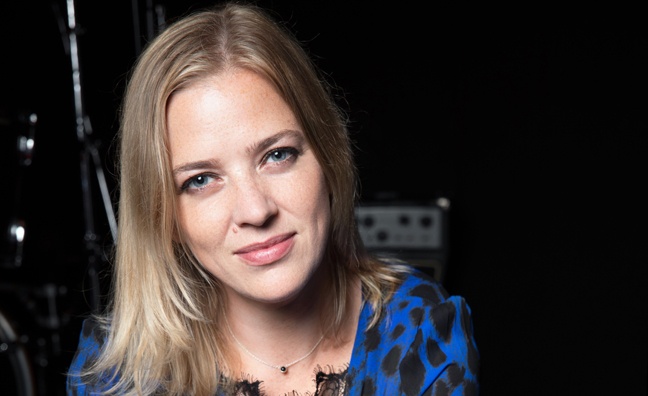This isn’t the first time I’ve covered this subject here. But given the number of conversations I’ve had over the last six months with artists and managers, I feel we, as an industry, need to examine the threat of digital burnout and the impact it is having on our artists and teams. Not just in terms of mental health, but in terms of release success, creativity drain and, ultimately, financial consequence.
Long before the pandemic hit, artists were bombarded with social content requests – and long gone are those days of delivering a comparatively tiny electronic press kit with a couple of videos, artwork, interviews, press images and a press release.
We now expect our artists to deliver video and static content, split across multiple platforms, in between two and 10 formats – in most cases every single day. And that’s without mentioning things like service shout-outs, behind-the-scenes content, content specific to the artist’s campaign, playlists, organic engagement, and fishing out key pieces of user-generated content. And then there’s live moments, acoustic versions and sessions. And this was before the pandemic. The sheer volume of requests for content generation now is like nothing the industry has ever known. The “always on” culture is giving our artists digital fatigue.
As we have moved firmly to a track economy over an album economy (something reflected in the increasingly high number of 20-plus track deals, instead of album deals, being offered), have we ever paused to consider what it takes to facilitate this amount of content and engagement?
Many moons ago artists would be provided with media training as par for the course, but the number of labels who provide a decent equivalent for the digital age is declining. The notable exceptions yield far happier artists and more successful releases and relationships. Deviate, or agencies like mine, are often hired to cover this, or some labels and management companies have seasoned pros in-house to provide this invaluable service. But more often than not it’s left to the artists and their management teams to try and figure out, and perhaps just as importantly, to pay for, the service.
When I have covered this subject in the past it’s always been from an agency perspective, as Deviate has been successfully running socials for brands and artists for over two decades. But with a wider industry hat on it’s become incredibly clear that the support for this level of content creation is completely lacking at every level.
The fees labels are willing to pay for agency engagement like this haven’t increased for over 10 years, despite the amount of work increasing exponentially and ‘traditional’ video budgets decreasing exponentially. The amount of time we expect artists to spend on this, as labels want them front and centre of content, is unsustainable, as is the amount we expect unsigned artists to have achieved before A&Rs or DSPs will even consider them for signing. There are so many counterproductive and hypocritical practices across the music business when it comes to responsibility for activity that can so often lead to digital burnout.
If you pair an artist with the wrong people, the authenticity bombs, along with any willingness to participate
Sammy Andrews
I spoke to the manager of a global superstar last year who told me they had generated over 600 pieces of content for one single – their artist was so sick of it they’d stopped interacting with the label.
We’ve always worked with major and independent labels at Deviate, as well as artists and managers directly. The disparity in the levels of support is clear. Some labels have amazing digital teams who work with us in a wonderful way to ensure that the artists aren’t digitally fatigued, but sadly most haven’t figured any of that out yet.
Indeed, many label digital and marketing teams are just as exhausted, as their workloads have increased without the head count rising in tandem, and labels who rely solely on their in-house digital teams also have to bank on those teams getting on with the artist. Trust me when I say that doesn’t always happen. If you pair an artist with the wrong people, the authenticity bombs, along with any willingness to participate.
Out of cycle, which is in increasingly short stints in the track economy, the responsibility in most cases lands firmly with managers to keep those fires stoked and the algorithms happy. I know of a few notable exceptions where labels support artists with content creation and digital support for their entire contract duration, but this is certainly not the norm. When it comes to release they all want access to those healthy retargeting pots and to be seeing super high engagement rates. We are increasingly brought into projects as much as six to 12 months early to build these for labels.
One thing is for sure: this is the world we live in now, and with the dawn of Web3 and the metaverse, you can be sure it’s only going to grow further. The labels, platforms and managers who take time now to agree healthy workloads, schedules, education, support, and budgets are the ones who will succeed without destroying their artists’ creativity and teams’ mental health in the process.









